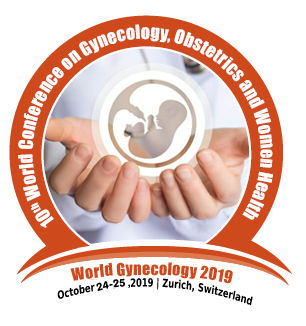
Stuti Dang
University of Miami Miller School of Medicine, USA
Title: Impact of a patient education intervention using patient portals on menopause knowledge and shared decision making
Biography
Biography: Stuti Dang
Abstract
Background: Menopause can be a time of changes, women need information regarding menopause and management of associated symptoms such as hot flashes, mood instability and vaginal dryness. Although there are ways to alleviate these symptoms, many women, due to their limited knowledge related to menopause, are not aware of these treatment options nor able to determine which options would be best for them.
Methods: We developed at the Miami VA healthcare system, a project called the “My HealtheVet to Enable And Negotiate for Shared decision making” or MEANS project, an unblinded non-randomized pilot project, to deliver an educational intervention program surrounding the management of menopause. The project enrolled 269 female veterans of perimenopausal and menopausal age (45 to 60 years) at Miami VA Healthcare System. The sixmonth intervention provided educational resources on menopause and shared decision making (SDM) through the MyHealtheVet electronic portal system to women in the Miami VAHS only. Following the intervention, data regarding patient knowledge and use of the MyHealtheVet portal was collected. Besides a pre-post comparison in the intervention group, we also compared the impact of the MEANS intervention on patients at the Miami VAHS to women veterans of the same age who did not receive this intervention.
Results: At the initiation and conclusion of the study, participants completed a test assessing their knowledge of menopause. This test was scored out of 18 points, with a higher score indicating a higher level of knowledge. Score increased from 14.7+/-2.4 before the intervention to 15.8+/-1.8 after the intervention. In addition, the MEANS project increased understanding of SDM and increased use of the MyHealtheVet portal among participants.
Conclusions: These findings are promising and suggest that an educational intervention could be effective in increasing women veterans’ access to treatment for the symptoms of menopause encourage the use of this dye for
quantifying biogenic amines. Therefore, all figures of merit were calculated and the method developed was validated for the quantitative analysis of biogenic amines in different matrices.

